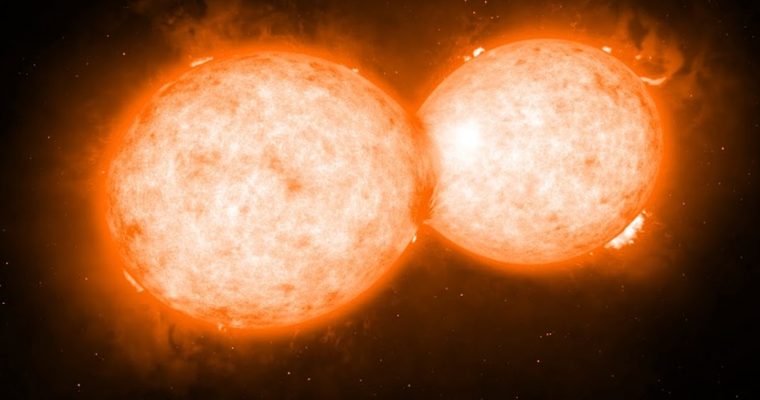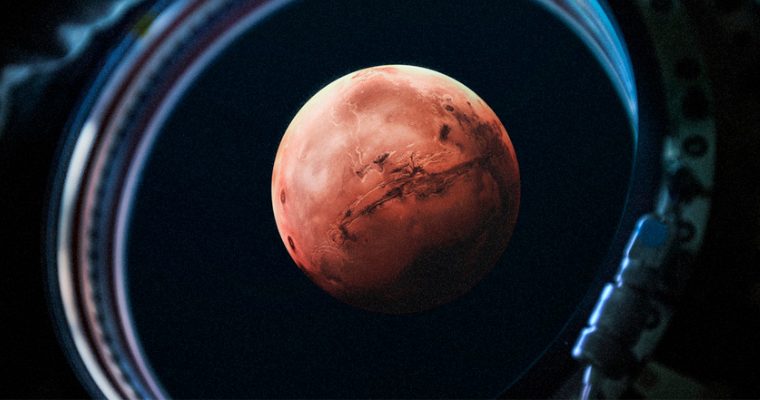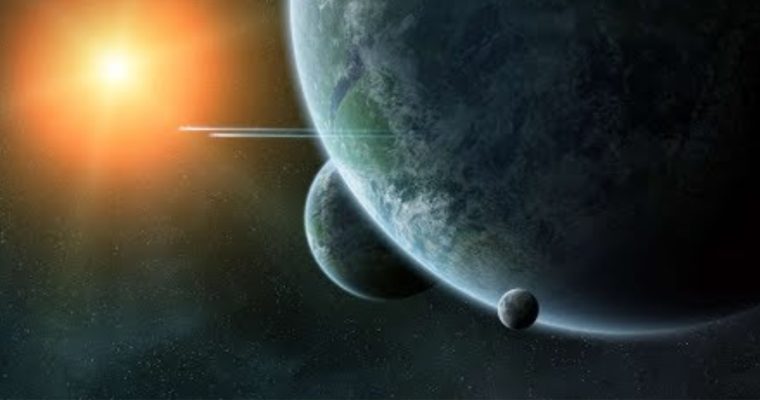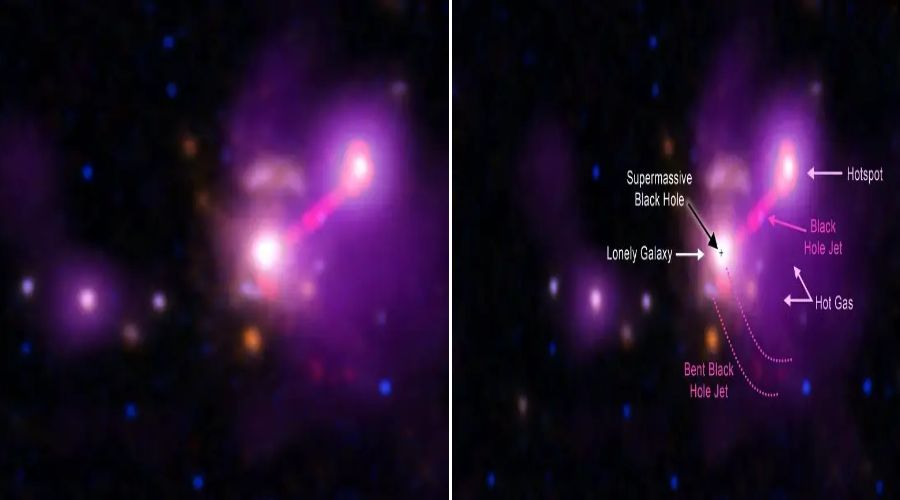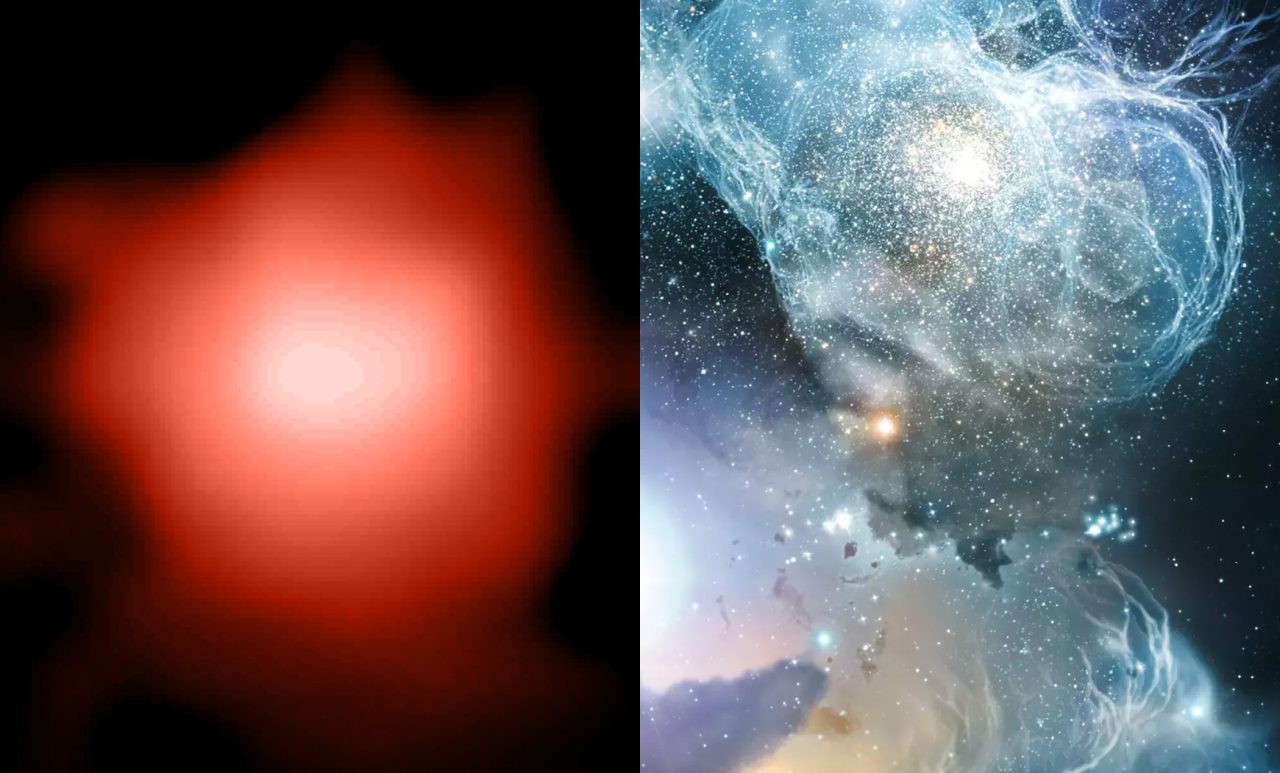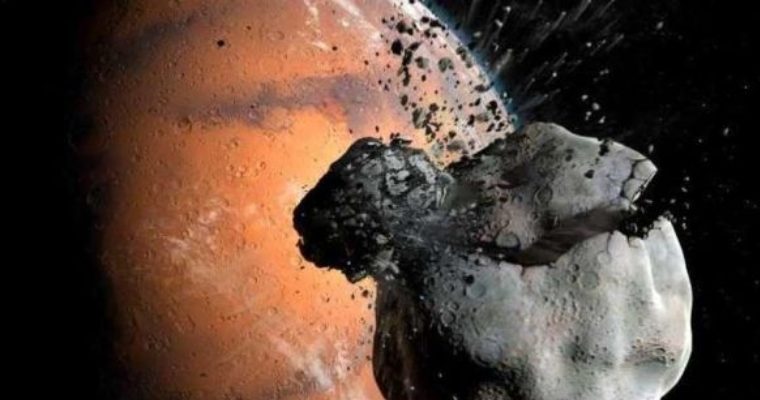Listen to Short Wave on Google Podcasts, Apple Podcasts, and Spotify.
The James Webb Space Telescope is unquestionably the most potent space-based telescope that the United States has ever launched. With a 6.5-meter mirror, it can see objects 13 billion light years away and is three stories tall. It cost $10 billion.
But since there is only one, researchers from throughout the world must share. More than 1,600 study ideas were submitted to the JWST managers for consideration. The great majority of them will be rejected due to time constraints.

Currently, when an astronomer or team does secure some highly sought-after telescope time, they have exclusive access to any data they gather for an entire year. The information then goes public. However, there is a push in astronomy to make the majority of results immediately open-access, and the Biden Administration has shown its support.
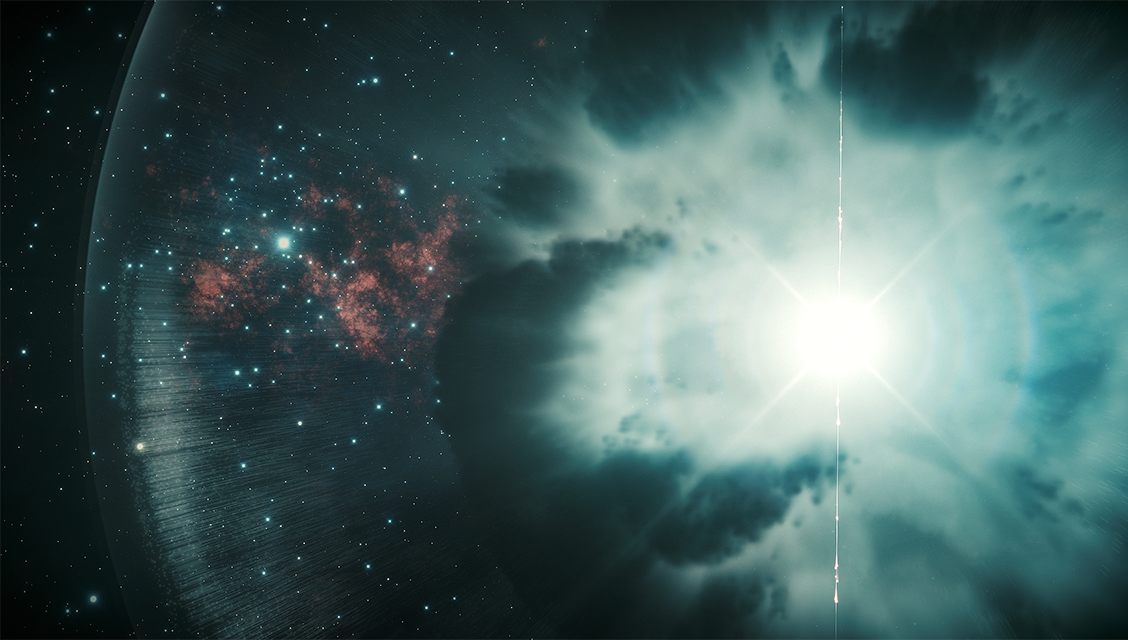
According to Nell Greenfieldboyce of NPR, “the notion is that astronomers would be better equipped to use it if its data were available much more quickly.” This could hasten scientific advancements and make the data available to a larger group of researchers.

On the other hand, some astronomers worry that instant open access would mostly benefit researchers who already have advantages, such as funding, seniority, and institutional backing.
In this episode, Nell talks with Short Wave scientist in residence Regina G. Barber, who has firsthand experience competing for telescope time, about who gets dibs on the data, and how that could affect equity in astronomy.



